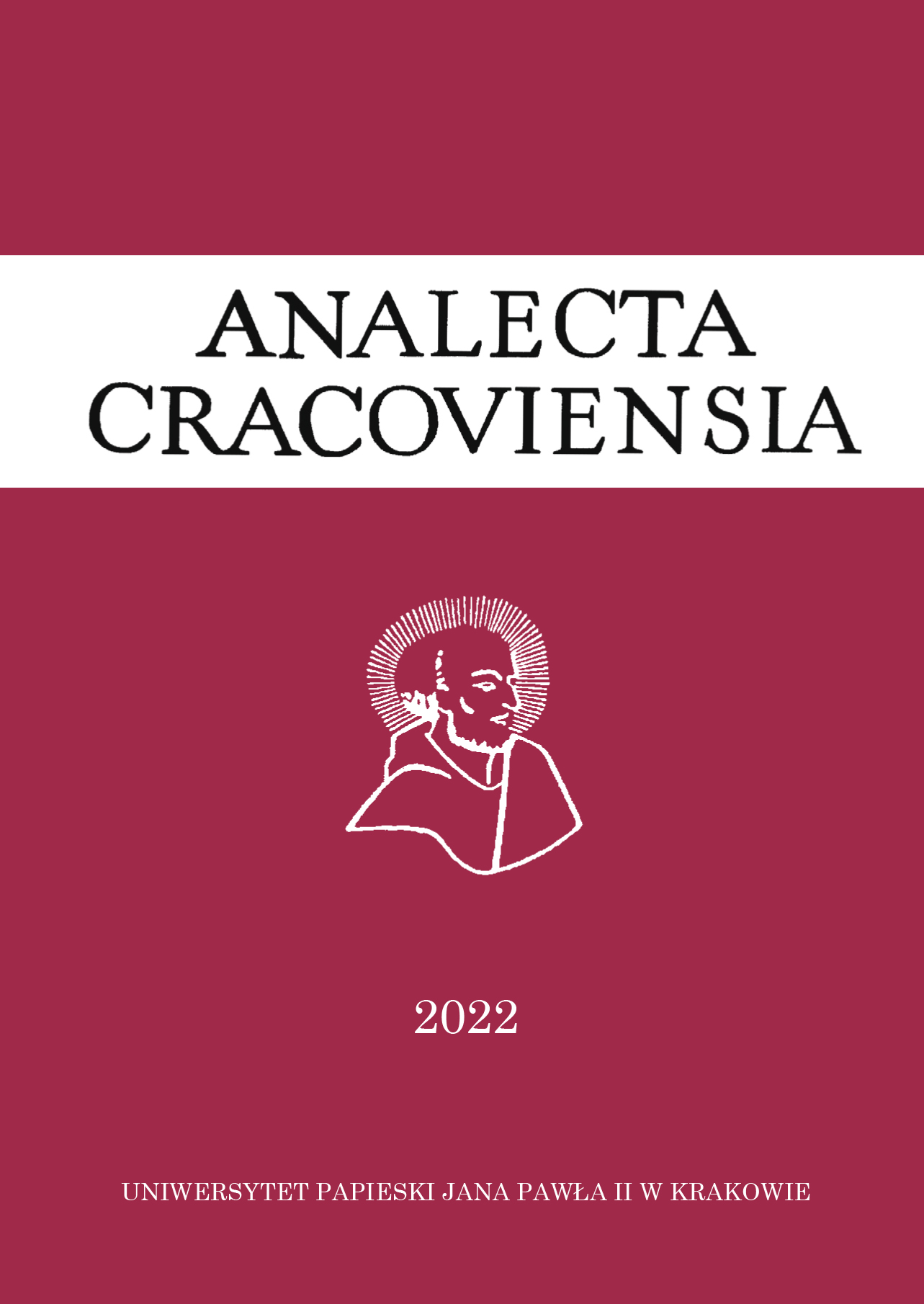Note on Probability of Logical Sentences and the Linda Problem
DOI:
https://doi.org/10.15633/acr.5405Keywords:
probability, logic, Boolean valuation, Linda problemAbstract
This paper presents a logical concept of probability which seems to be obvious, as it is, but the author is not aware of any elaboration of a developed studies on the issue or of any special philosophical application of it. Such a probability of the formula A, of the language of the propositional logic, is the quotient of the number of Boolean valuations of formula A of the classical propositional calculus, which takes the logical value 1, to the number of all Boolean valuations of such a formula A. An application of this concept of logical probability to the solution of the Linda problem is given.
References
Carnap R., Logical Foundations of Probability, Chicago 1950.
Hintikka J., On Semantic Information, in: Information and Inference, eds. J. Hintikka, P. Suppses, Dordrecht 1970, p. 3–27.
Lorenz D., Kooi B., Sack J., Logic and Probability, https://plato.stanford.edu/archives/sum2019/entries/logic-probability/ (15.12.2022).
Makinson D., Bridges from Classical to Nonmonotonic Logic, London 2005.
Mazurkiewicz S., Przyczynek do aksjomatyki rachunku prawdopodobieństwa. Zur Axiomatik der Warscheinlichkeitsrechnung, „Sprawozdania z Posiedzeń Towarzystwa Naukowego Warszawskiego. Wydział III nauk matematyczno-fizycznych” 25 (1933) no 1–6, p. 1–4.
Mazurkiewicz S., Über die Grundlagen der Wahrscheinlichkeitsrechnung I, “Monatshefte für Mathematik und Physik” 41 (1934), p. 343–352; https://doi.org/10.1007/BF01697866.
Olszewski A., A Few Comments on the Linda Problem, “Organon F” 24 (2017), p. 184–195.
Olszewski A., Linda Problem – the Tame Solution in Question, “Analecta Cracoviensia” 51 (2019), p. 209–217.
Tversky A., Kahneman D., Extensional versus Intuitive Reasoning: The Conjunction Fallacy in Probability Judgment, “Psychological Review” 90 (1983), p. 293–315; https://doi.org/10.1037/0033-295X.90.4.293.
Downloads
Published
Issue
Section
License

This work is licensed under a Creative Commons Attribution 4.0 International License.
The author declares that he owns the copyright to the work (article) and that it is not limited in the scope covered by the above declaration and that the work (article) is an original work and does not infringe the copyright of other persons.
The author allows the Pontifical University of John Paul II in Krakow to use the paper free of charge, non-exclusive and unlimited in time by, i.e.:
– keeping in records and reproduction of the copies of the work using printing, reprography, magnetic recording and digital technology;
– trade in the original or copies on which the work has been recorded (introduction to the market, lending or rental of the original or copies, public exhibition, display, as well as making the work available to the public in such a way that everyone can have access to it in a place and at a time chosen by them);
– inclusion of the work in a collective work;
– granting by the Pontifical University of John Paul II in Krakow a Creative Commons Sub-licence Authorship Recognition-Non-commercial Use-No Subsidiaries 3.0 Poland
The Pontifical University of John Paul II in Krakow makes the work available on the Magazine Platform of the university under the Creative Commons Attribution-Non-commercial Use-No Subsidiary Works 3.0 Poland license.
Thus, it entitles all interested parties to use the work under the following conditions:
- the author and the title of the work will be given,
- the place of publication (journal title and internet address of the originally published work) will be indicated,
- the work will be distributed in a non-commercial manner,
- no dependent works will be created.

